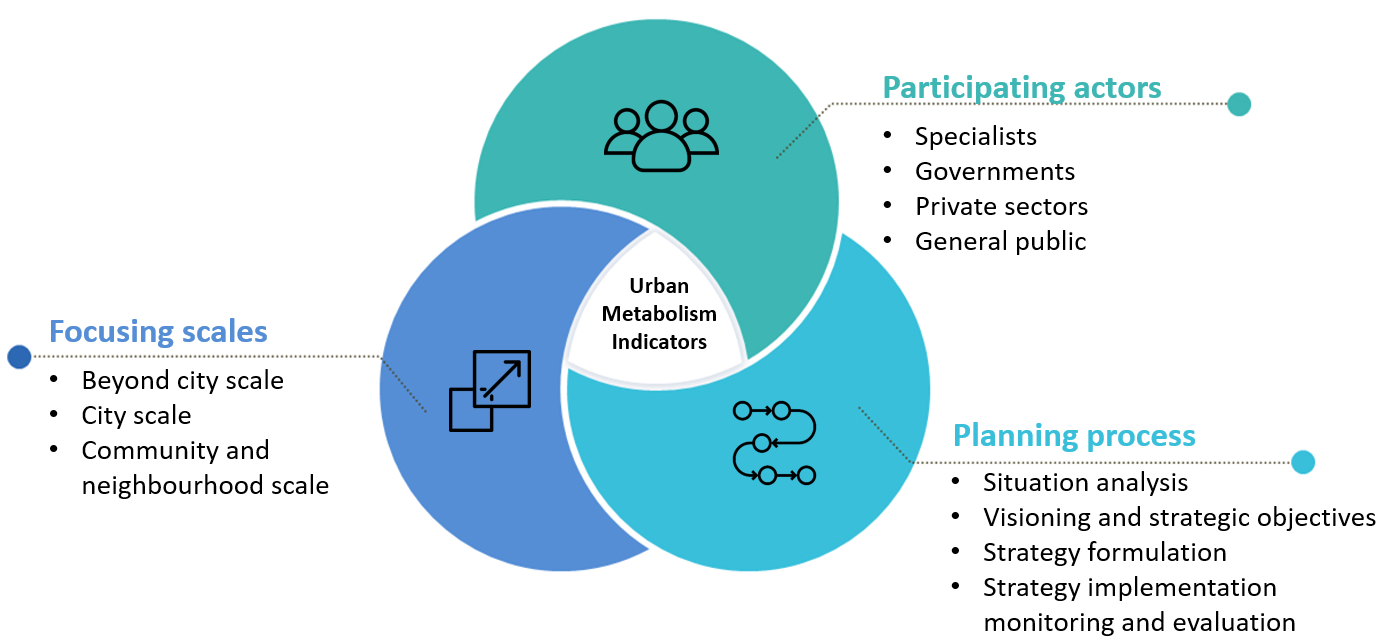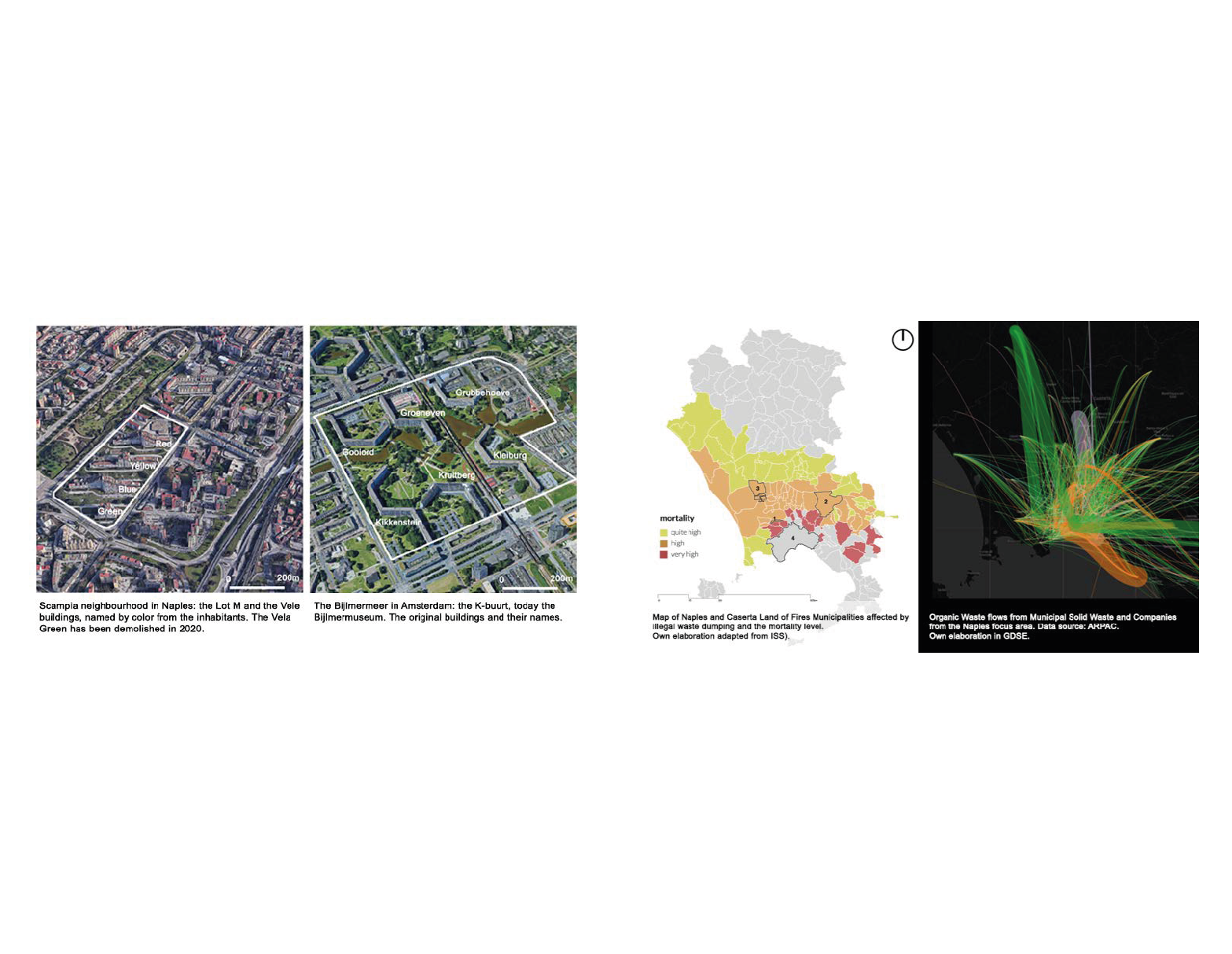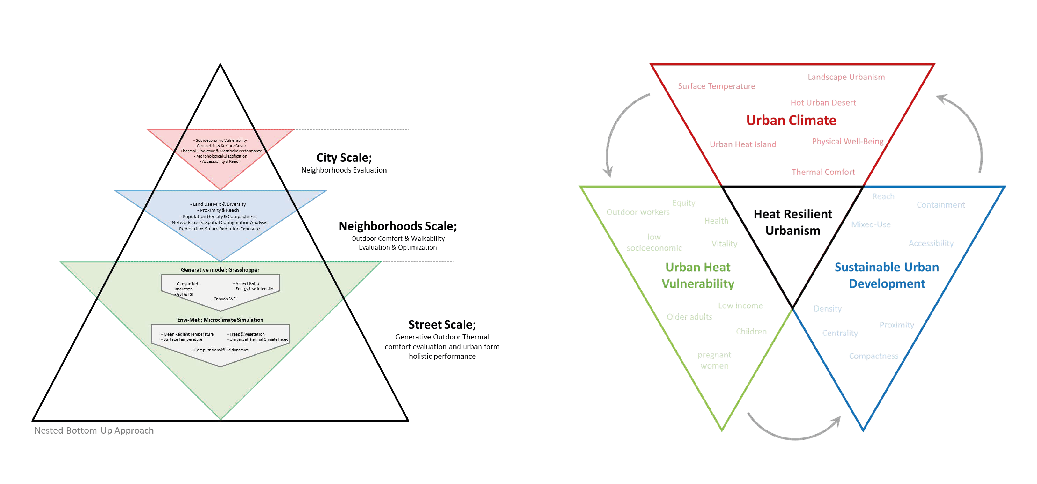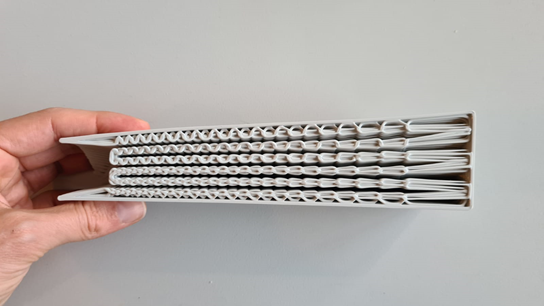Ongoing PhD projects
Tanya Tsui
Researcher: Tanya Tsui
Summary / Abstract:
+ link to research website and research output:
The Role of Urban Manufacturing for a Circular Economy in Cities (first paper)
Circular maker city: A spatial analysis on factors affecting the presence of waste-to-resource organizations in cities (conference paper)
Researcher: Rusne Sileryte
+ link to research website and research output:
H2020 project:
https://gdse.h2020repair.bk.tudelft.nl/
PhD papers:
https://link.springer.com/chapter/10.1007/978-3-319-78208-9_10
Co-authored papers:
Researcher: Yan Song
Summary / Abstract:
The objective of this research project is to contribute to a better understanding and utilisation of urban metabolism indicators in the context of strategic urban planning, by providing a comprehensive urban metabolism indicator developing framework. Derived from the previous objective, the following main research question can be formulated: how can urban metabolism indicators support the strategic urban planning from the perspective of people, scale and process?
+ link to research website and research output:
· Evaluating sustainable urban development using urban metabolism indicators in urban design
Researcher: Chiara Mazzarella
Summary / Abstract:
The research investigates the wastescapes and their issues in urban contexts, focusing on the urban metabolism of waste, the wasted architectures and the role of urban communities. The study identifies significant values, approaches and multidimensional evaluation tools for collaborative regeneration processes. They are applied at two different scales through the case studies: at the inter-municipal scale in the Naples case of the H2020 REPAiR project, and at the local scale in the neighbourhoods of Scampia (Naples) and Bijlmermeer (Amsterdam).
+ link to research website and research output:
ORCID https://orcid.org/0000-0003-0940-0695
Researchgate https://www.researchgate.net/profile/Chiara-Mazzarella
Researcher: Abdullah Aldakheelallah
Summary / Abstract:
The aim of this dissertation is to introduce a holistic City-Neighborhood-Canyon framework as a nested Bottom-Up approach that drives climate-sensitive urban revitalization decisions and measures from the whole (The City) to the pedestrian’s level (The canyon). The nested Bottom-Up framework will look at the city from three different scales and will be presented in three different parts in this dissertation. Each scale has it is own resolution and urban variables capacities that allow for robust enough measures to each scale, which could help planners and decision-makers to determine simultaneously and equitably the most heat vulnerable areas in Hot Urban Desert (HUDs), in relation to other relevant urban criteria to drive Sustainable Development for climate-sensitive revitalization phased actions. The framework will be tested, as a case study, on the capital of Saudi Arabia, Riyadh City, one of the largest and fastest-growing Hot Urban Deserts (HUDs) in the world.
The primary goal of this study is to advance the process of planning and design for heat and health action plans in the long-term in Hot Urban Deserts (HUDs). This could aid the city from the varying co-benefits and spill-over advantages of the multi-scale integration through dividing the city into three hierarchical parts: City-wide scale, Neighborhood scale, and Canyon scale. The framework will address microclimate–sensitive strategies and people’s thermo-spital equity in Hot Urban Deserts (HUDs). The nested Bottom-Up framework could support the decision-makers in identifying the most effective and sufficient urban heat mitigation strategies for an existing urban setting in Hot Urban Deserts (HUDs).
+ link to research website and research output:
https://www.tudelft.nl/staff/a.a.a.aldakheelallah/?cHash=2bb1c3d67e1a0289aebfaf29da940f16
Researcher: Foteini Setaki
Summary / Abstract:
This research focuses on methodologies for the development of 3D printed components with custom environmental performance, based on simulations, prototyping and laboratory tests.
+ link to research website and research output:
https://www.tudelft.nl/staff/f.setaki/?cHash=ea0024a857caeac3df1806f0d2097bb2





